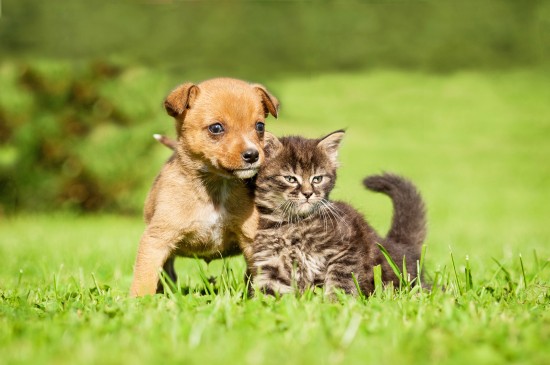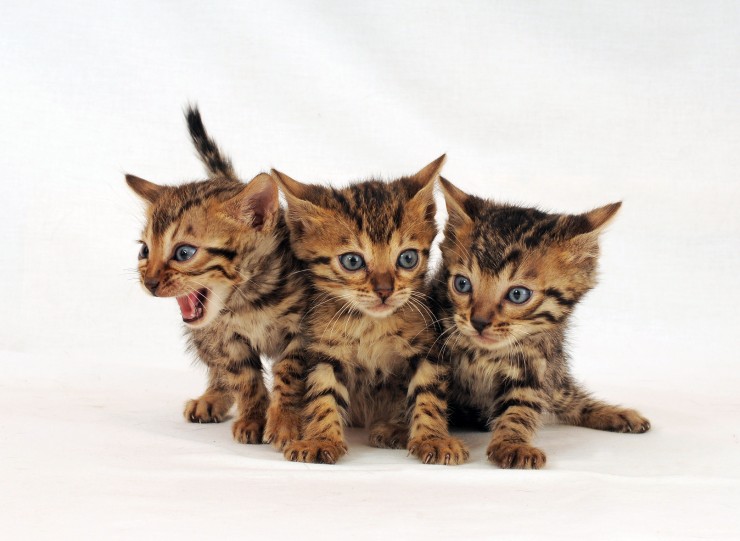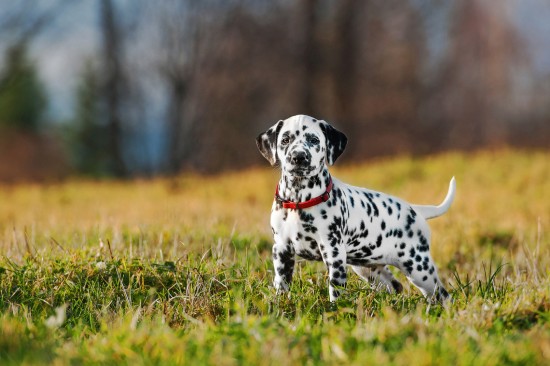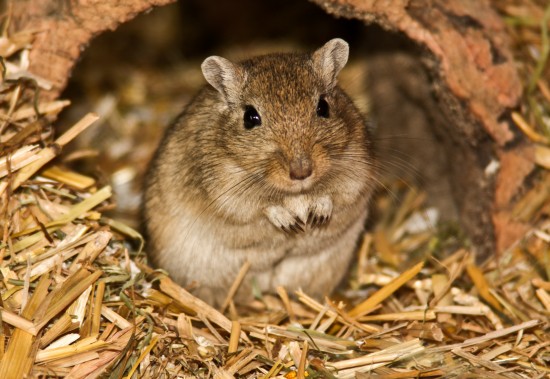

A lot of cats and dogs at some point in time will suffer from a compromised immune system. All living things depend on their immune systems to fend off illness and disease because it's their first line of defence offering the sort of protection needed against bacteria, viruses and bugs. In short, the immune system is an incredible defence system that needs to be maintained at all times. However, both dogs and cats can suffer a compromised immune system when they are routinely vaccinated against certain diseases which is call Vaccine Associated Adverse Event.
The immune system in all living things is pretty fragile and this includes in cats and dogs, which means it should never be stretched too much because it puts our pets more at risk of fighting off many nasty conditions. Diet plays a very important role in maintaining your pet's immune system and it needs to be toxin-free, well balanced and nutritious, containing all the right amount of vitamins and minerals for their immune systems to remain strong and healthy.
However, other factors play essential roles in maintaining a pet's immune system which includes having the correct amount of daily exercise paired to the right amount of sleep which all goes a long way in keeping infections at bay. With this said, a compromised immune system can be triggered by an overload of vaccinations, which is why many experts now recommend that dogs and cats should not be continually vaccinated against certain illnesses throughout their lives, but that owners should seek alternative ways of making sure their pets don't contract certain conditions and which naturally means making sure their pets have strong immune systems.
Otherwise known as Vaccine Associated Adverse Event (VAAE), Vaccinosis in short, is when a cat or dog has an adverse reaction to a vaccination they are given and as a result this causes them to suffer other health problems. The events can happen as a result of one single vaccination or where multiple vaccinations have been given to a pet.
Many vets now believe that vaccinations might well cause more health problems for cats and dogs than they do good. With this said, those vets who believe this to be the case, are not against vaccinating pets but rather they believe this needs to be done with care only vaccinating an animal when it is appropriate to do so. The problem is there is no definition as such for Vaccinosis, nor is there a true way for vets to diagnose the problem.
It is thought there are many health issues which can be put down to VAAE or Vaccinosis when hypersensitivity is a reaction that occurs when an animal has been given a vaccination. Their own antibodies react to the substance they are given and this produces an unwanted immune response to something which a pet's body has already been exposed to. These hypersensitivity reactions are more commonly called "allergic reactions" and they typically occur as a result of the following:
Any clinical signs there may be a hypersensitivity reaction usually happen within minutes of the event and the symptoms to watch out for include the following:
However, there are more serious symptoms which you need to keep an eye out for which includes the following:
If you notice that your pet suffers any of the following symptoms, you would need to get them to the vet as a matter of urgency in order to establish a correct diagnosis and so treatment may be started sooner rather than later:
Where the hypersensitivity reaction happens as a result of a vaccination, the symptoms are not always evident and if they are, your pet would not necessarily need any supportive veterinary care namely be given fluids or anti-inflammatory drugs unless their reaction is extremely severe.
Luckily, hypersensitivity reactions in cats and dogs are relatively rare with recent studies in the United States showing that 1 in 250 dogs suffered some sort of reaction after having been given a vaccination. Dogs most at risk were seen to be smaller breeds. Young dogs between the age of 1 and 3 were also more at risk as were neutered dogs (male). The research also showed the following:
Although it is hard to recognise Vaccinosis in cats and dogs, vets who treat animals on a regular basis should be able to pick up on the fact there may be a problem associated with vaccinations on pets they routinely treat. A pet's medical history would show up if hypersensitivity reactions occur and would advise owners before taking the necessary precautions to prevent any further reactions by ceasing to vaccinate the pet when appropriate. This would typically be done by advising owners of alternative ways to protect their pets and the best way of doing this is to ensure their immune systems are strong.
 Cat Breeding - Helping Your Kittens To Grow Up
Cat Breeding - He
Cat Breeding - Helping Your Kittens To Grow Up
Cat Breeding - He
 Bedlington Terrier Health And Longevity
Bedlington Terrie
Bedlington Terrier Health And Longevity
Bedlington Terrie
 Dalmatian Puppies And Over-exercising
Dalmatian Puppies
Dalmatian Puppies And Over-exercising
Dalmatian Puppies
 10 Household Products That Can Make Your Dog Sick If They Eat Them
10 Household Prod
10 Household Products That Can Make Your Dog Sick If They Eat Them
10 Household Prod
 The Lovely Mongolian Gerbil
The Lovely Mongol
The Lovely Mongolian Gerbil
The Lovely Mongol
Copyright © 2005-2016 Pet Information All Rights Reserved
Contact us: www162date@outlook.com